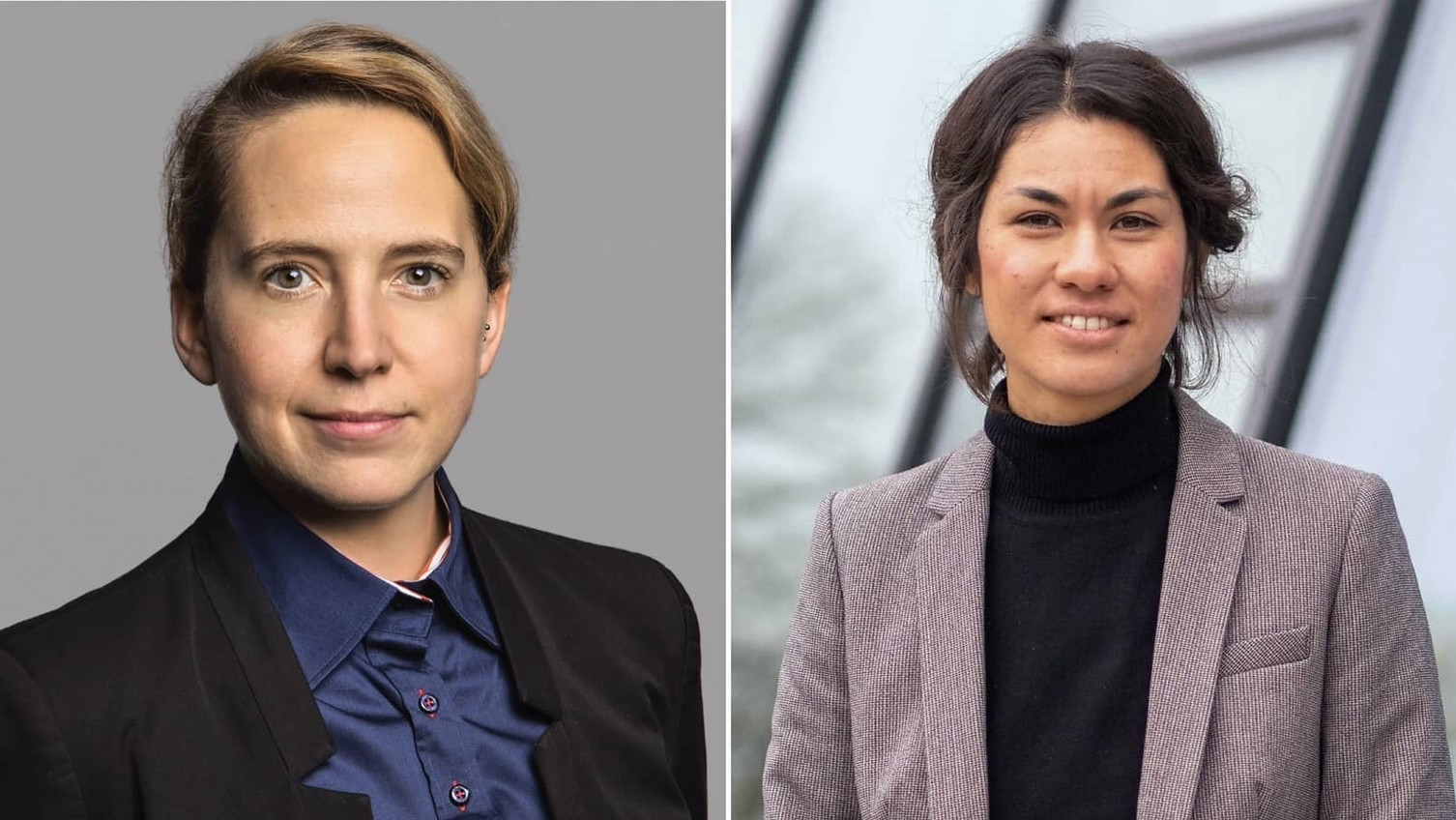Educational Research: Does AI ensure more equality?
Lecturers’ perspectives on the opportunities and challenges of using artificial intelligence in higher education
2024-11-29 Prof. Dr. Dana-Kristin Mah and Dr. Nele Groß have analysed how teaching can be designed with AI technologies. Equipped with an online questionnaire and their analysis tools, the educational researchers surveyed 122 university lecturers throughout Germany. Their study provides recommendations for a successful and sustainable digital transformation of higher education.
Will artificial intelligence (AI) replace humanity or single-handedly make the world a better place? Science fiction such as Blade Runner, Matrix, Her or I Am Mother address AI-related concerns and hopes, creating utopian or dystopian scenarios. Do university lecturers think about similar opportunities and challenges? And why is it important to consider them? According to Dana-Kristin Mah and Nele Groß, the lecturers’ perspective is a crucial factor in continuously improving the quality of degree programmes through the use of AI. “We know from various studies that students try out a range of different AI tools. This perspective is important, but what has been little researched so far is lecturer attitudes towards AI technologies,” says Dana-Kristin Mah, Junior Professor for Digital Teaching and Learning.
The researchers at the Institute of Educational Science (IBIWI) found out that the respondents see the greatest potential in increasing equal opportunities: the needs and requirements of learners are often very different and there are, for example, AI systems that can personalise learning content. They adapt to the respective learning progress, either providing repetition or suggesting new content, depending on the learning pace. Prof. Mah emphasises, however, that AI can also lead to more educational inequality. The digital divide, i.e. the gap between people who have access to paid AI tools and those who do not, may widen. This raises the question of who can afford the applications and who can participate: “A central concern for us is to weigh up both sides. It’s not about utopia or dystopia, but about how we can achieve a balanced relationship.”
According to the respondents, one of the biggest challenges among ethical questions is the AI literacy of students and university lecturers alike. There is a wide range of tools that many lecturers are not familiar with, and the technology can be very demanding. The study’s results will help to provide tailored training for lecturers, in which fears also are taken seriously. AI-based tools are not designed to replace lecturers, but to support them in studies and teachings. The key is to use AI in an informed, critically reflective and responsible way.
Furthermore, training should not only cover individual AI tools, but also address the questions of what AI is, which applications exist and which tools work on an AI basis, i.e. not just ChatGPT. Nele Groß, postdoc in the field of educational management and quality development, explains: “In the questionnaire, we were more specific and not only asked how often AI is used, but also clarified on the variety of AI-based tools (e.g. navigation systems on smartphones or translation tools). In doing so, we wanted to avoid the answer being ‘I never use AI’ because many people are not even aware of which applications are based on AI technologies.”
Data security is also an important issue. The researchers recommend becoming less dependent on US-American companies and looking at European solutions and open source options. To do this, research and development must be further expanded. At Leuphana, researchers are therefore working together in an interdisciplinary and cross-faculty manner. Students will be able to see an example of such cooperations at the Day of Teaching in spring 2025: Prof. Dr. Dana-Kristin Mah and colleagues from the School of Management & Technology will have a joint stand there.
The results of the study were published in the renowned International Journal of Educational Technology in Higher Education, which focuses on educational technology in university contexts. The article has already been opened more than 4,900 times (as of November 2024), thus making the work of the Leuphana researchers internationally visible.

